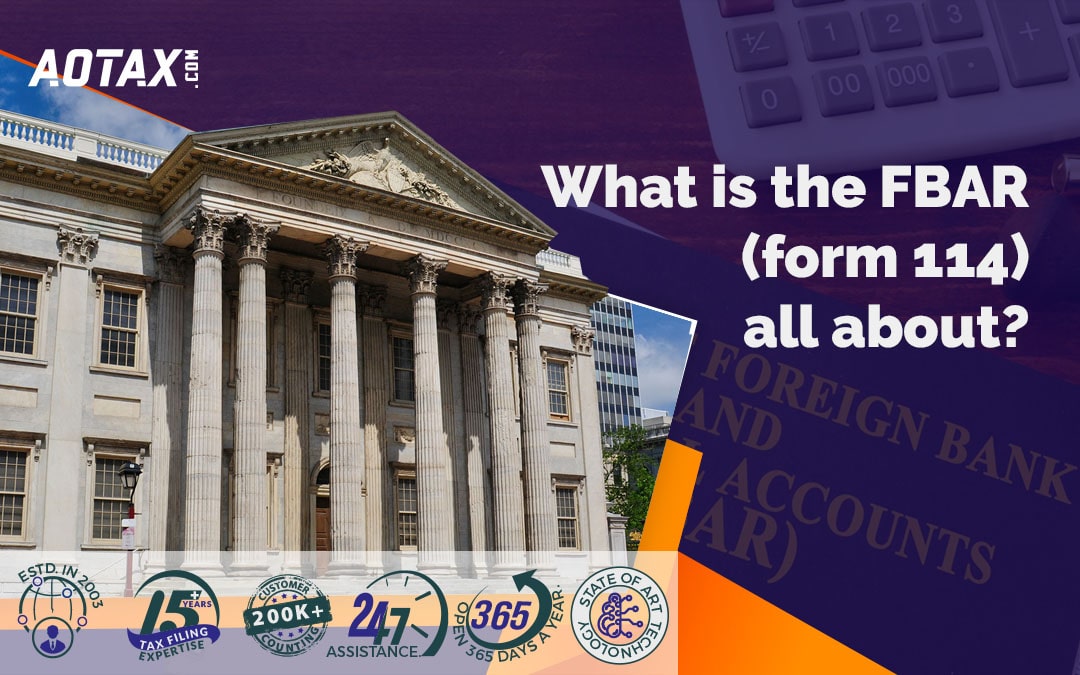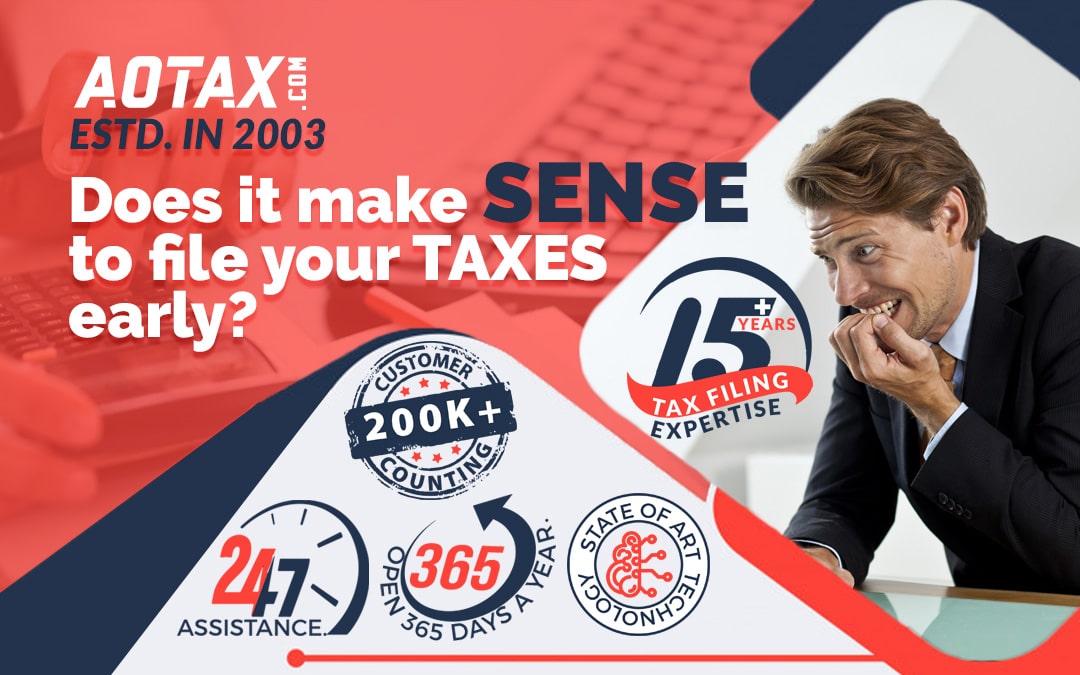
What is the FBAR (form 114) all about?
What is the FBAR (form 114) all about?
Given the increased scope across the globe, it is not uncommon for citizens to have bank accounts in foreign countries. Whether it is for investment or for savings or simply grabbing a good opportunity, there is no dearth of reasons for not having a bank account outside the USA. However, it is essential that you inform the government about the same, under the Bank Secrecy Act.
To report the existence and operations of such foreign bank accounts, you need to file FBAR (Foreign Bank and Financial Account) or Form 114. Here are the two conditions under which you must file FBAR.
- The total value of your foreign financial accounts exceeds $10,000 during anytime of the year.
- You have a financial interest in a foreign financial account or have signature authority over the same.
The United States Department of Treasury requires all citizens of the country with foreign banks to file FinCEN Form 114 and inform the department of any such accounts. Failing to do so will attract hefty fines and in extreme cases even criminal prosecution.
Who Should File FBAR?
The form is applicable to any US person who has foreign accounts and the account value has exceeded $10,000 anytime during the year. Here are the individuals who qualify as US persons.
- A citizen or resident of the United State of America
- Any form of domestic trust or estate
- Any form of domestic partnership
- Any form of a domestic corporation
A common question that a lot of expats have is, how will the government of the US find out whether certain financial assets are being declared or not. The government has been constantly strengthening FATCA guidelines. The government has also got into information sharing agreements with 39 countries and finalizing the discussions with 62 more countries.
As per these guidelines, foreign financial institutions or FFIs are required to inform the government about any accounts held by US citizens. The FFIs would share information such as the name of the account holder, social security numbers or the Tax Identification Number, account number, balance of the account, any interests or dividends earned on the account, etc.
Filing of Form 114
US citizens can file Form 114 online only and it does not have any direct correlation with your expat tax returns. And in the event that you have asked the IRS for an extension for your tax filing, the same does not apply to Form 114. You do not have to explicitly request an extension for the filing of Form 114. The default due date is the 15th of April it automatically extends to the 15th of October.
Exception For Filing Form 114
If you meet any of the following conditions or criteria, you might not have to file Form 114 in the first place.
- You are a part of a domestic corporation with assets exceeding $10 Million and the corporation has more than 500 shareholders and you do not have any personal interest in these assets.
- You are a part of a bank (either employee or officer) that works under the Board of Governors of the Federal Reserve System, Comptroller of the Currency, Federal Deposit Insurance Corporation or the Office of Thrift Supervision and do not have any personal interest in the bank accounts.
- You are a part of a bank account for US military financial institutions which is operated by the US for the sole purpose of serving the government operations abroad.
If you have a financial account outside of the US, it is recommended that you verify whether you qualify to file the FBAR and file the same if you do.
Reference:
https://www.taxesforexpats.com/expat-tax-advice/FBAR-Fincen-114.html
https://usofaexpattax.com/report-of-foreign-bank.php
https://www.efile.com/irs-foreign-bank-and-financial-account-assets-report-form/






Recent Comments